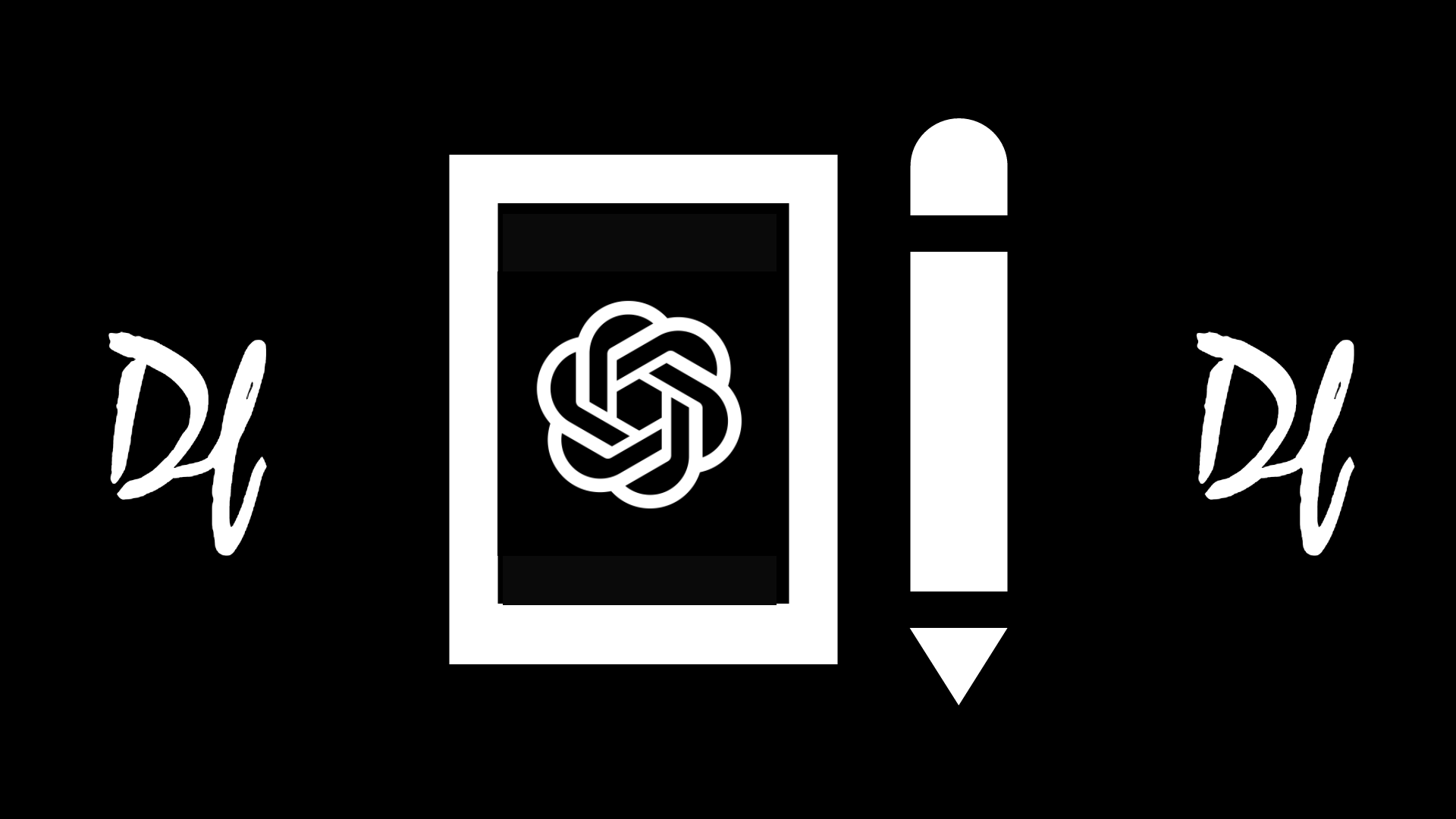Why Banning ChatGPT from Schools is a Misstep

ChatGPT, or the Generative Pre-trained Transformer language model, is a powerful tool for natural language processing that has been gaining popularity in educational settings. However, some have raised concerns about its use in schools, arguing that it could be detrimental to students' learning and development.
The idea behind these concerns is that ChatGPT could potentially replace the need for human teachers, diminishing the importance of critical thinking and creativity in the classroom. Additionally, some have raised concerns about the ethical implications of using a tool that is so advanced in language generation.
However, these concerns are misguided, and ultimately, banning ChatGPT from schools would be a bad idea. Here's why:
First and foremost, ChatGPT is not a replacement for human teachers, but rather a valuable tool that can enhance and supplement the learning experience. It can help students with language generation, comprehension, and translation, which can be especially useful for language learners.
Furthermore, ChatGPT can help teachers to provide more personalized and interactive lessons, by answering student questions in real time or providing useful resources on a topic. It can help to break down the language barrier, providing equal access to knowledge and learning opportunities.
Another point is that banning such technology in schools will not solve the ethical concerns but only lag the education system and students behind the rapid pace of technological advancement. The need is to educate students to be aware and critically evaluate the information they receive, not to avoid it.
Additionally, it is important to note that ChatGPT, like any other technology, should be used responsibly and with proper oversight. Teachers should be trained on how to use the tool effectively, and strict guidelines should be in place to ensure that it is not used in a way that is harmful or unethical.
Banning ChatGPT in New York City Schools
A Misstep in Embracing Educational Technology
The decision to ban ChatGPT from New York City public schools' devices and networks was a misstep that deprived students of valuable learning opportunities. This move prevented teachers from utilizing ChatGPT's advanced language generation capabilities to enhance their lesson plans and provide more personalized, interactive instruction. Additionally, it denied students the opportunity to use ChatGPT's language comprehension and translation features, which could have been especially beneficial for language learners.
This ban was not only a setback for students and teachers in New York City, but it also served as a missed opportunity for the education system to embrace and harness the power of cutting-edge technology.
It is important to remember that the responsible use of ChatGPT and other AI tools in education can have a real positive impact, instead of an outright ban.
It is increasingly clear that the traditional school system around the world is outdated and no longer meets the standards for modern education.
The rapid pace of 21st-century advancement, combined with the changing nature of the 21st century workforce, has highlighted the need for a more flexible and adaptable approach to learning.
The current system, which is heavily focused on rote memorization, standardized testing, and one-size-fits-all instruction, is no longer sufficient to prepare students for the challenges they will face in the future.
To stay relevant and provide students with the skills they need to succeed, schools must embrace change and evolve with the times.
This means looking beyond traditional approaches to teaching and learning and embracing new technologies and pedagogical methods that are better suited to the needs of modern students.
For example, schools must invest in new technologies, such as ChatGPT, and other tools that can enhance the learning experience and support personalized instruction. Additionally, problem-based and project-based learning, hands-on activities, and interactive teaching methods should be integrated more into the curriculum.
The focus should also be shifted from rote memorization to developing critical thinking and creativity.
Furthermore, the school system should focus more on providing learners with
21st-century skills such as digital literacy, collaboration, communication, and problem-solving skills. These skills will be vital for the workforce of tomorrow, and schools need to ensure that students are well-equipped to succeed in the new economy.
It's already too late to wait for a gradual change.
The world is changing rapidly, and students need to be prepared for a future that will be vastly different from the one we know today. Schools must adapt and evolve to meet these challenges head-on and ensure that the next generation is ready to thrive in the world that awaits them.